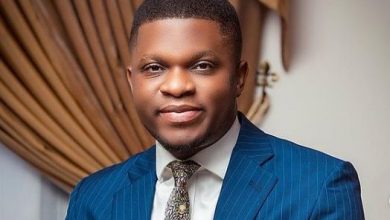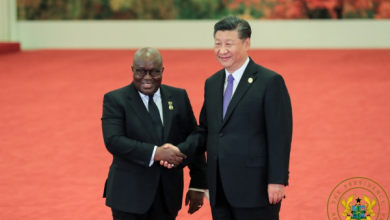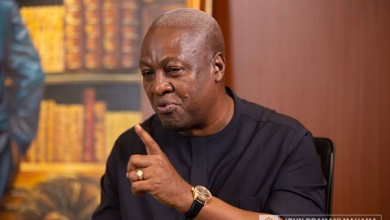
Suspended Chief Justice Gertrude Torkornoo has accused President John Mahama of acting arbitrarily in suspending her from office following three petitions alleging “misbehaviour” and “incompetence.”
In a statement filed with the Supreme Court, Justice Torkornoo argues that the President’s decision—made without a reasoned prima facie determination—violated the 1992 Constitution and fundamental principles of fairness.
She contends that the process for removing a Chief Justice must adhere strictly to constitutional safeguards, including due process and administrative justice. According to her, any such process must be carried out with caution, transparency, and adherence to legal standards.
Justice Torkornoo was suspended by President Mahama on April 22, 2025, after the Council of State found a prima facie case based on the three petitions submitted by the President. A five-member committee was subsequently established to investigate the claims.
Following her suspension, the Chief Justice filed a suit at the Supreme Court challenging the legality of the process that led to her removal. Although an interlocutory application was dismissed, the main suit remains active.
Her legal team argues that President Mahama failed to properly establish a prima facie case through a quasi-judicial or judicial process before ordering her suspension. They maintain that this failure undermines constitutional requirements for fairness and the proper exercise of executive discretion.
Furthermore, the Chief Justice asserts her right to challenge the validity of the President’s prima facie determination, particularly since it served as the basis for both her suspension and the formation of the investigative committee.
Justice Gertrude Torkornoo contends that a prima facie determination lacking any reasoning is effectively no determination at all. She argues that the brief statement issued by the Presidency—merely declaring that a prima facie case had been established—does not meet the constitutional standard for such a decision.
According to her, this vague pronouncement neither provides her with a clear understanding of the basis for the determination nor enables her to evaluate whether the threshold under Article 146(6) for establishing a committee has been properly satisfied.
In addition, Justice Torkornoo is challenging the constitutionality of the committee set up to investigate the petitions, particularly President Mahama’s appointment of Justices Gabriel Scott Pwamang as Chair and Samuel Asiedu as a member. She asserts that Justice Pwamang had previously considered issues raised by two of the petitioners, while Justice Asiedu had been part of a panel that partially heard an application challenging the petitions.
Her position is not that Supreme Court Justices are barred from serving on such committees, but that any Justice with prior or indirect involvement in the matter is disqualified in order to preserve impartiality. “The sanctity of impartial adjudication and the institutional integrity of the Judiciary requires no less,” she states.
Justice Torkornoo also argues that the failure of the three remaining committee members—Daniel Yaw Domelevo, Major Flora Bazaanura Dalugo, and Professor James Sefah Dzisah—to take and subscribe to the Judicial Oath before participating in the proceedings constitutes a serious constitutional and statutory breach. In her view, this omission renders their involvement unlawful and the committee itself improperly constituted.
Regarding the confidentiality of the proceedings, Justice Torkornoo maintains that because the petitions, along with her responses, have already been leaked and publicly discussed, the requirement for an in-camera hearing should not apply. She insists that, given her rights, reputation, and office are directly at stake, she has the constitutional right to waive the confidentiality requirement in favor of a public hearing.





